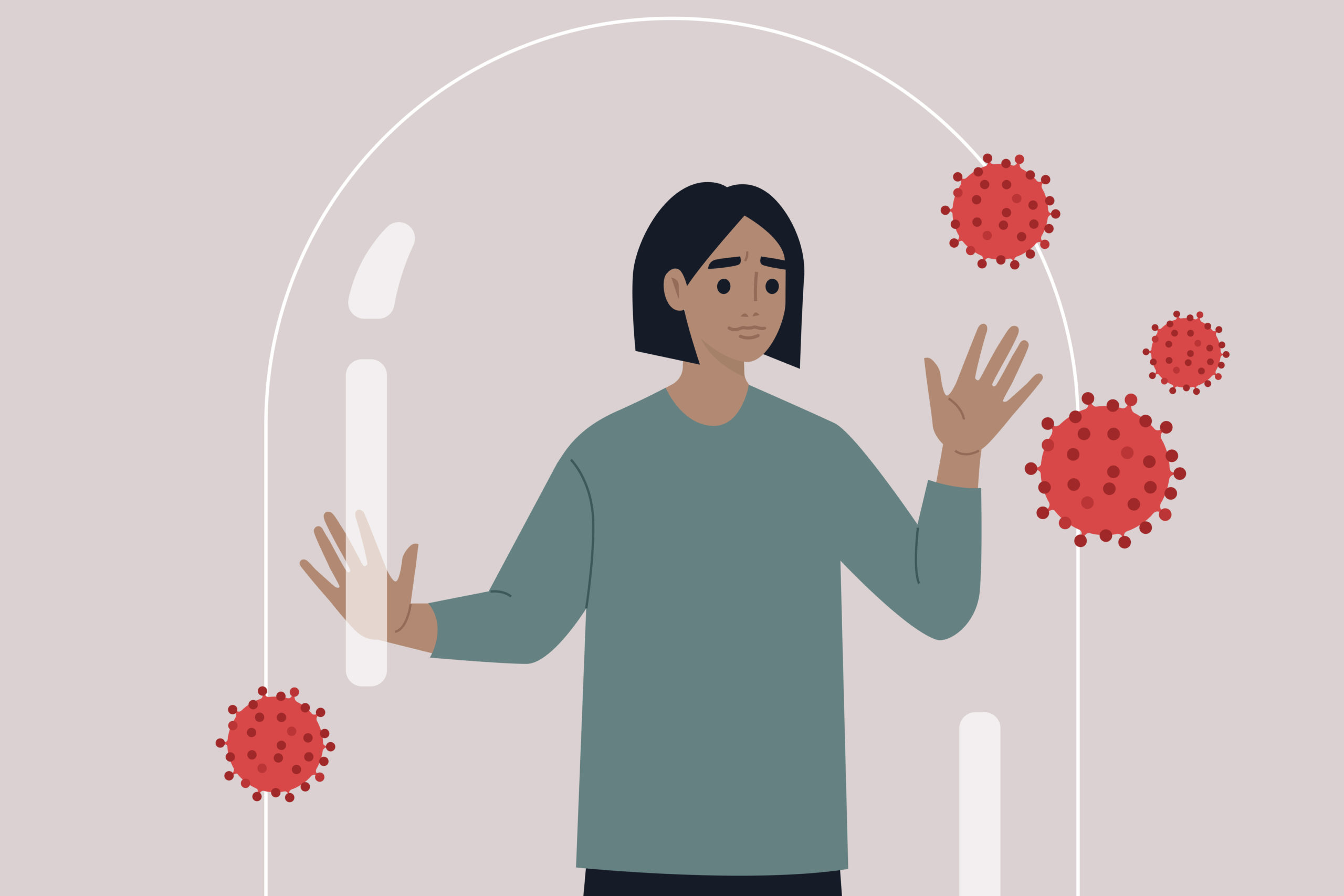I used to feel all self-righteous and give up alcohol every year for ‘Dry January’. Now I am joining millions of others in Sober October. I have to be honest, though, and admit this not much a sacrifice. At 54, drink has become less and less important part of my life.
I drink less than the level the government recommends for men and women which is no more than 14 units a week (equivalent to six pints of beer or seven glasses of wine). However, I still feel the effects of it if I drink. It causes me menopausal hot sweats, sickness in my lower stomach, waking up at 3am and lack of energy in the morning. It is like my body is warning me it is not good for me by intensifying the side effects of drinking.
Dry January has long been a popular time to give up alcohol, following over indulgence in Christmas and New Year. According to a YouGov poll, around 3.1 million people in the UK do it and people aged between 35 and 54 are most likely to give up drinking this month. They ditch the booze for one month to feel healthier, save money and re-set their relationship with alcohol.
Alcohol And Units
The recommended daily amount for a women is no more than 2-3 units and for a man its 3-4. The weekly limit is no more than 14 units a week which is equivalent to six pints of beer or seven glasses of wine.
How many units of alcohol are in each drink?
- Large glass of wine – 3 units
- Pint of higher-strength lager or beer – 3 units
- Standard glass of wine – 2 units
- Pint of lower-strength lager or beer – 2 units
- Bottle of lager or beer – 1.7 units
- Single shot of spirits – 1 unit
Effects Of Alcohol
Recent studies have shown that even drinking one glass of alcohol a day can affect your health. Globally, alcohol use was the seventh leading risk factor for both deaths and diseases.
“The strong association between alcohol consumption and the risk of cancer, injuries, and infectious diseases offset the protective effects for heart disease in our study. Although the health risks associated with alcohol start off being small with one drink a day, they then rise rapidly as people drink more.”
Dr Max Griswold – Author of a study at the Institute for Health Metrics and Evaluation (IHME)
Not only that, but as we go into our 40’s and 50’s there is even more reason to give up alcohol. So what are the scientific effects of giving up alcohol?
Brain
Alcohol is a depressant, which is why you feel so good at first when you drink it. It reduces self-control and reasoningm but in the long term can lead to mood disorders and anxiety.
Skin
Alcohol worsens pre-existing skin conditions as well as cause new ones to develop. Heavy drinking can lead to dark circles and puffiness around the eyes and dehydration of skin on the forehead, chin and lips. For those of us worried about lines and wrinkles, alcohol can damage DNA and collagen in the skin. The effects on the skin for woman aged 40 and over can last 28 days.
Heart
Alcohol raises blood pressure which can increase the risk of heart attack and hypertension. Heavy drinking can cause cardiomyopathy (stretching and drooping of the heart muscle_ and myocarditis (inflammation of the heart muscle) and arrhythmia (irregular heartbeat). Regular drinkers of double the recommended daily amount (3-4 units for a man, 2-3 for a women), increase their risk of stroke. Although studies have shown that a glass of red wine is good for the heart, any more than that can cause more damage.
Liver
It may be no surprise that the Liver takes a hit when you drink. When we drink more than a drink an hour can turn alcohol into acetaldehyde, which is toxic and can cause cancer. It also causes the liver to accumulate fat, which can led to fatty liver disease. If its clogged with fat, it cant perform at an efficient level. Another occurrence in heavy drinkers is cirrhosis of the liver which forces the drinker to stop drinking as any alcohol could be fatal. The British Liver Trust suggests that 3 consecutive non-drinking days can allow your liver to heal.
Breasts
Drinking alcohol raises the risk of breast cancer – in fact as much as one drink a day can increase the risk. It raises the estrogen levels which is a risk factor for breast cancer. Only three drinks a week increases a woman’s risk by 15%. It’s not just breast cancer though, cancer of the mouth oesophagus, bowel and throat are also linked to alcohol consumption. 13,000 cases of cancer in the UK are attributed to alcohol consumption.
Stomach
Alcohol gives your stomach a hard time as, potentially causing ulcers and bleeding in the stomach. At its worst, the stomach lining can become torn and lead to anaemia.
Bones
Drinking a lot isn’t great for our bones, which can be a concern for us midlifers. It accelerates deterioration and increases chances of bone fracture and osteoporosis. It flushes all the helpful calcium that helps our strong and dense bones from your bones making them weaker. A worrying fact as we get older!
Pancreas
A common cause of pancreatitis is excessive drinking, and it increases the risk of pancreatic cancer. It also affects how the pancreas produces insulin which can lead to diabetes.
Weight
Alcohol contains a shocking seven calories per gram. Our bodies recognise alcohol as toxins which means it breaks them down ahead of nutrients in the food. It means that when our body starts metabolising the food, it may no longer need the calories and therefore store them as fat. As a sugar source, alcohol raises insulin and turns on fat storage by increasing fatty deposits in the liver. In middle age, the excess can lead to fat storage around the stomach known as “beer belly”. Total fluid in the body is less as you get older, which means the alcohol is more concentrated in the blood and can not be broken down as easily.
So the science just goes to prove my gut instinct, that gin o clock does not feel as good as it used to. I think I would feel better if I gave it up completely – but for now, sober October and maybe January too is a start. I am looking forward to a month full of energy, less menopause symptoms and donating the saved cash cancer feels even better.





